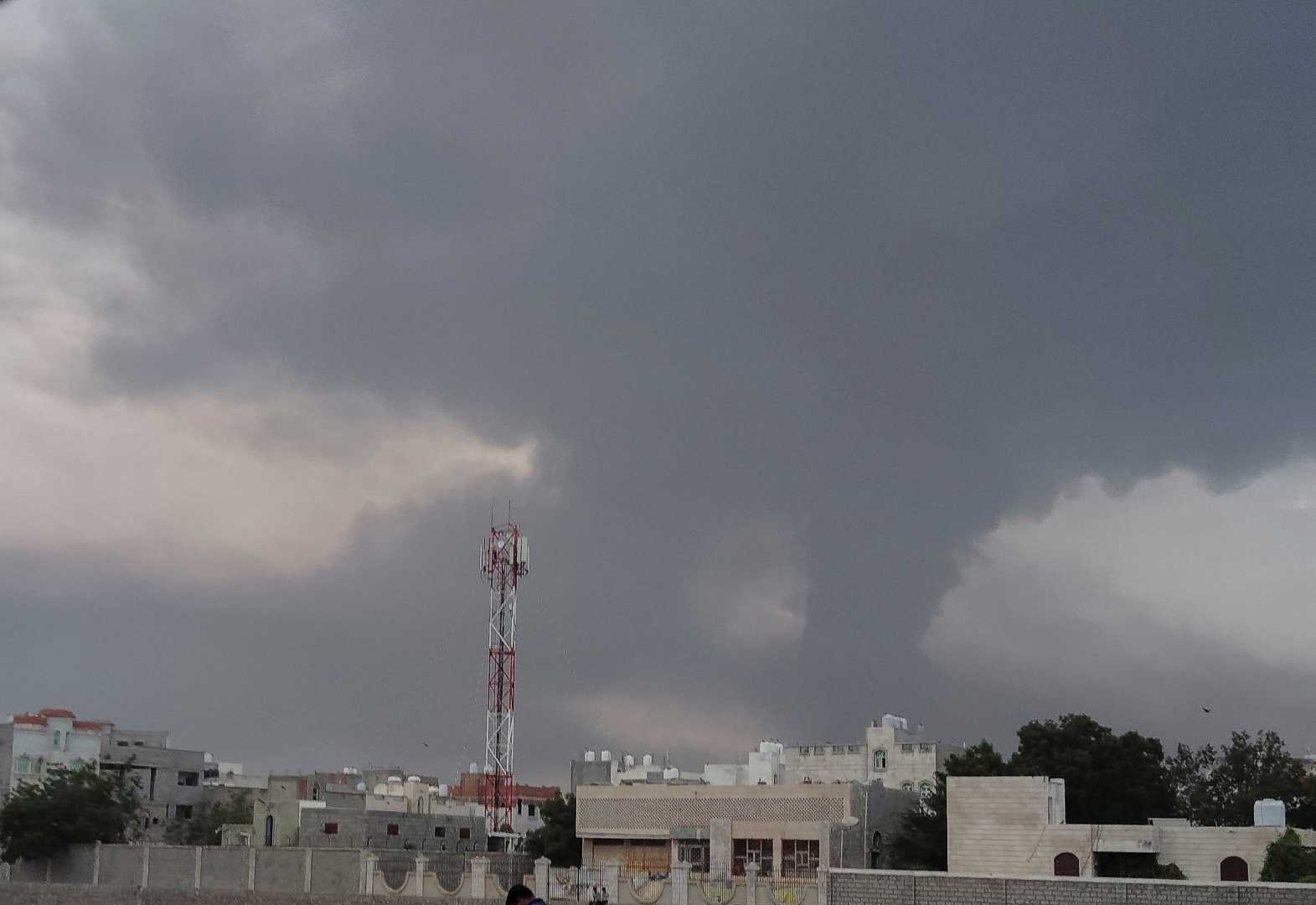News
Escalating Conflict in the Middle East: Israel Targets Houthi Forces in Yemen

Recent developments in the Middle East have seen an escalation of hostilities, with Israel launching comprehensive airstrikes against Houthi forces in Yemen. These strikes targeted crucial infrastructure such as fuel facilities, power plants, and docks in the port city of Hodeidah and Ras Issa. The assaults, executed by dozens of Israeli fighter jets, mark a significant intensification in the near year-long regional crisis.
According to Houthi media, the Israeli airstrikes in Yemen resulted in the death of four individuals and injuries to 33 others. The attacks led to widespread power outages in Hodeidah. The Israeli military justified the bombardment as a response to ongoing aggression, stating that the Houthis have been operating under Iranian direction with the intent to compromise Israeli security and disrupt international navigation. “The Houthis have been acting with Iranian funding, aiming to attack Israel,” a military official said.
The Israeli air operations follow the killing of Hezbollah leader Hassan Nasrallah in Beirut. Nasrallah’s death has sparked further retaliatory threats from Hezbollah, which continues to assert its resilience despite the loss of several senior commanders in Israeli strikes. The group, backed by Iran, has claimed ongoing commitment to its cause against Israel.
In Lebanon, the conflict has resulted in significant casualties, with Lebanese health authorities reporting over 1,600 deaths and approximately 8,000 injuries due to intensified Israeli bombardments targeting Hezbollah strongholds. Recent Israeli operations in Lebanon have included air raids near Sidon and Baalbek, as well as in the Bekaa Valley, intensifying regional tensions.
Israel’s military actions in Yemen coincide with continued aggression in Lebanon and Gaza, reflecting an extensive military campaign targeting Iranian-backed militias across multiple fronts. Israeli Prime Minister Benjamin Netanyahu referred to the death of Nasrallah as “a necessary step towards changing the regional power dynamic,” highlighting the broader implications of Israel’s military strategy.
International reactions include calls for restraint and diplomatic solutions. The French Foreign Minister, Jean-Noël Barrot, urged Israel to cease its strikes in Lebanon, while the UK Foreign Secretary, David Lammy, emphasized the urgency of a ceasefire. The United States, represented by national security spokesperson John Kirby, has advocated for diplomatic pathways to de-escalate tensions and facilitate the safe return of displaced persons in Israel’s north.
The unfolding situation continues to alarm global leaders, with concerns about the potential for broader regional conflict involving multiple state and non-state actors. As diplomatic efforts strive to halt the violence, the Middle East remains on the brink of intensified warfare, with significant humanitarian concerns mounting across the affected areas.












